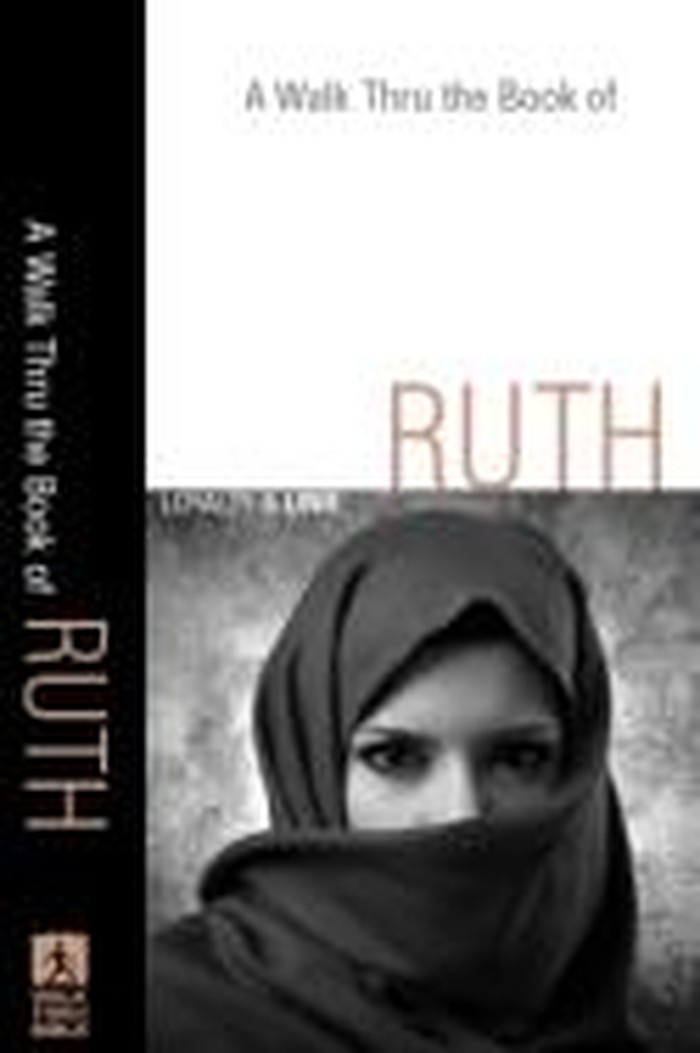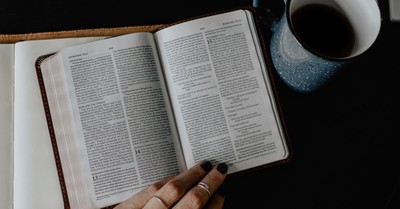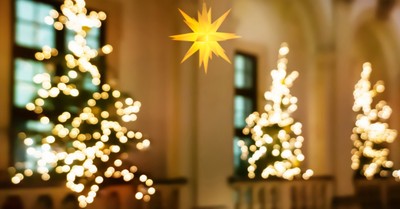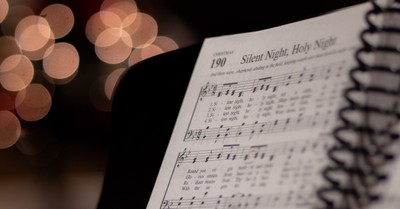An Everlasting Picture: Pentecost and the Story of Ruth
- Walk Thru the Bible
- Published Feb 10, 2014

[The following is an excerpt from A Walk Thru the Book of Ruth: Loyalty and Love a small group study guide from Walk Thru the Bible and Baker Books.
© 2009 by Walk Thru the Bible]
Of all the megillot—the five scrolls read at feasts throughout the Jewish year—the favorite of many is the scroll read in the congregation on Shavuot. It's the Feast of Weeks, the harvest festival that falls fifty days after the feast of Firstfruits. Traditionally, it's also the holiday that commemorates that earthshaking day when God gave the Law to Israel on Mount Sinai, the day when the congregation of God's people made a commitment: "We will do everything the Lord has said to do" (Exodus 19:8). The sages saw it as Israel's betrothal to her God. The symbolism, many feel, is irresistible.
So congregants listen closely and savor the second megillah—the book of Ruth. It's no mystery that this is the scroll congregations have always read during Weeks. It's a story of a commitment to God, an abundant harvest, and a betrothal. It represents everything a marriage is meant to be: holy, heaven-sent, and heartwarming.
The Feast of Weeks, or Shavuot, is also known as Pentecost. Jews from around the empire were gathered in Jerusalem one Pentecost long ago, and the Spirit of God fell on a group of believers gathered to worship and wait for the Messiah. The good news these believers proclaimed in various languages would mark the beginning of a vast and rapid expansion of God's people that would include Gentiles as well as Jews.
It's no coincidence that the Spirit came at a harvest festival; and it's fitting that the book Jews still read today at that festival is Ruth—a story of an impoverished Gentile who became one of God's people by betrothal to a man with an inheritance in the land. The message? Marry into this family of God. It's as if God was creating a picture over the centuries to represent his ultimate plan for the nations. He would bring a multi-ethnic harvest into his inheritance through a romantic redemption.
The Gentile Light
Even from the beginning of Abraham's story and the promise God gave him, God's chosen people were to be a light to the nations. Throughout scripture, God-fearing people everywhere were drawn to Israel's faith. There were Egyptians who left with Israel in the Exodus, a harlot of Jericho who joined God's people in the conquest of Canaan, Gentiles who served God during the ministries of Elijah and Elisha, a queen who came to Jerusalem to marvel at Solomon's wisdom and wealth, Assyrians who repented at Jonah's preaching, and Romans who aligned themselves with Jewish synagogues. The international, multi-ethnic, multi-lingual message of God's kingdom was not a New Testament innovation. God has always been relentless about drawing the world to himself.
God calls and equips his people to be fruitful. Jesus made that clear through numerous parables and principles. His kingdom is in a long harvest season of gathering sheaves of grain from the fields. Like Ruth, we're invited into his fields to work. He makes sure we're protected from those who would harm us or send us away, and he leaves plenty of gleanings so we can gather with him.
The Bride
God's ultimate purpose for his people is like Boaz' ultimate purpose for Ruth: marriage and children. We see that at a great wedding at the end of Revelation. One gets the impression that God orchestrated the remarkable events of Ruth all along—across cultures, geographical boundaries, and adverse circumstances—in order to bring Boaz and Ruth together as a match made in heaven. And one gets the impression from the Bible as a whole that he's been doing the same in bringing us to Jesus. Scripture is clear that God is preparing a bride for his Son; this is what all of history is leading up to. Like Ruth, the bride of Christ begins as a foreigner from an immoral land steeped in idolatry; but in our desolation, we commit to him and he takes us in. We go from forsaken widow to beloved bride, and the blessings of the kingdom are ours to enjoy.
The book of Ruth is a romance with a very happy ending—just as scripture is as a whole. It's a cosmic story played out on a very personal scale in a seemingly random story in the Old Testament. Ultimately, the book of Ruth is our story too. It's the story of any human being who leaves everything behind to believe in Israel's God and the Redeemer he has provided. That's a choice that is filled with blessing and grafts us forever into the family of God.
Adapted from A Walk Thru the Book of Ruth: Loyalty and Love a small group study guide from Walk Thru the Bible and Baker Books
© 2009 by Walk Thru the Bible
This small group study and others can be found at www.walkthruguides.org.

.jpg)


















